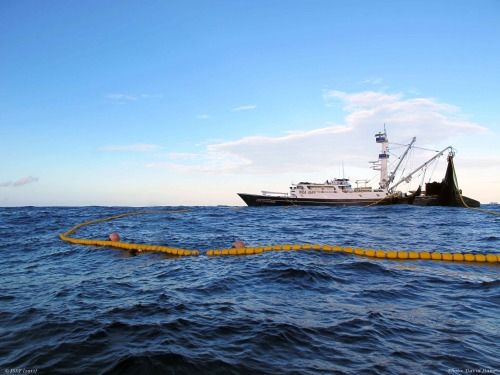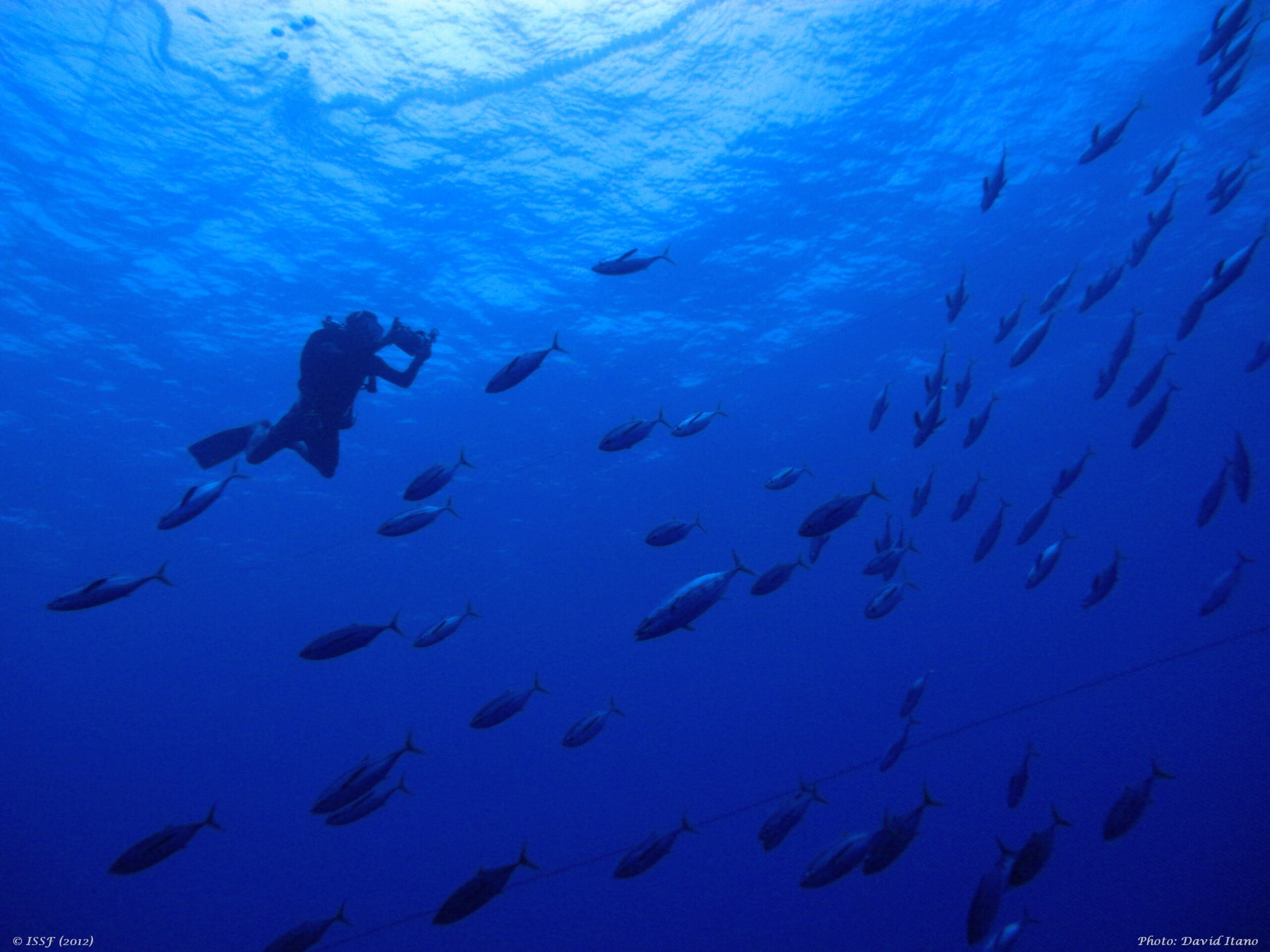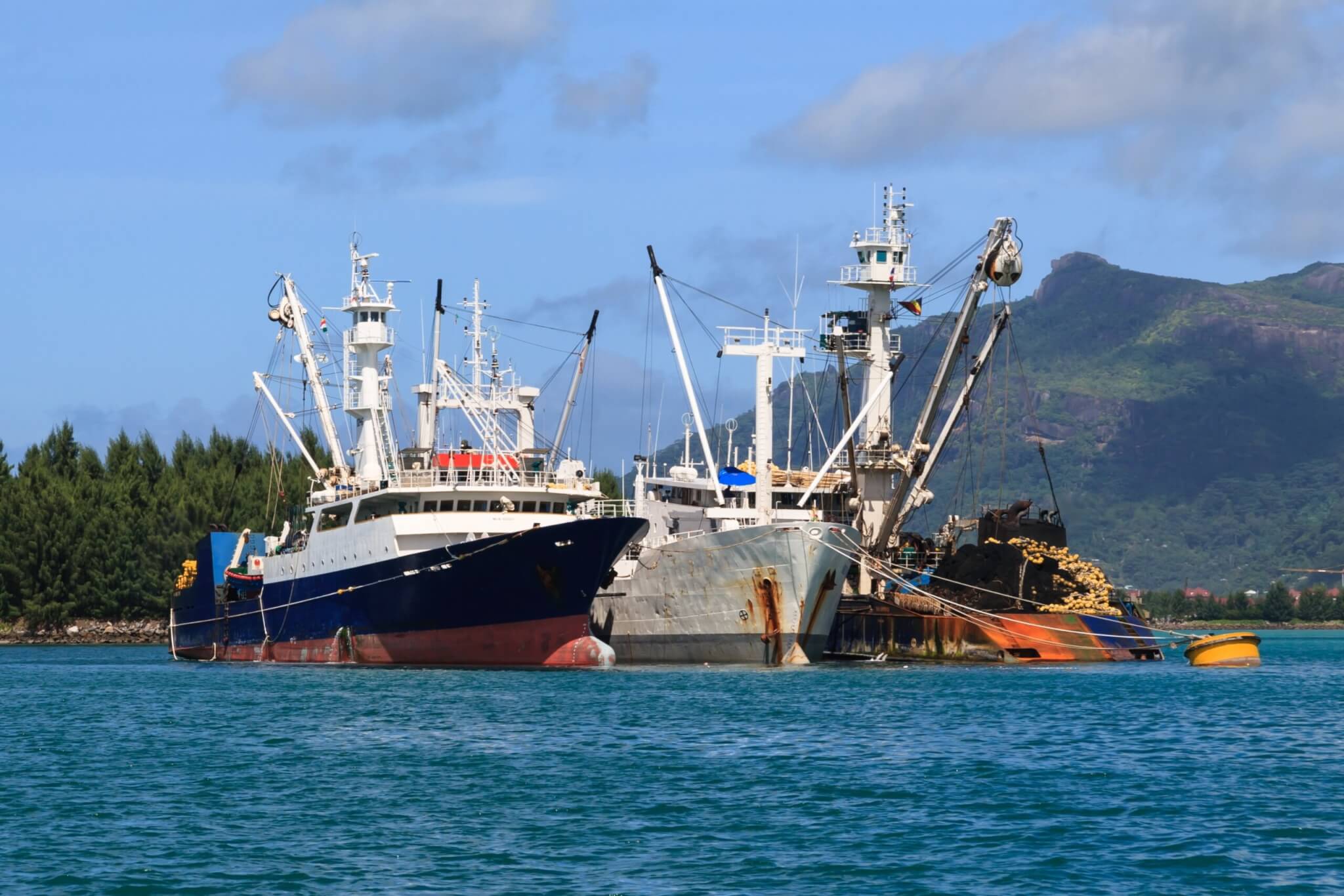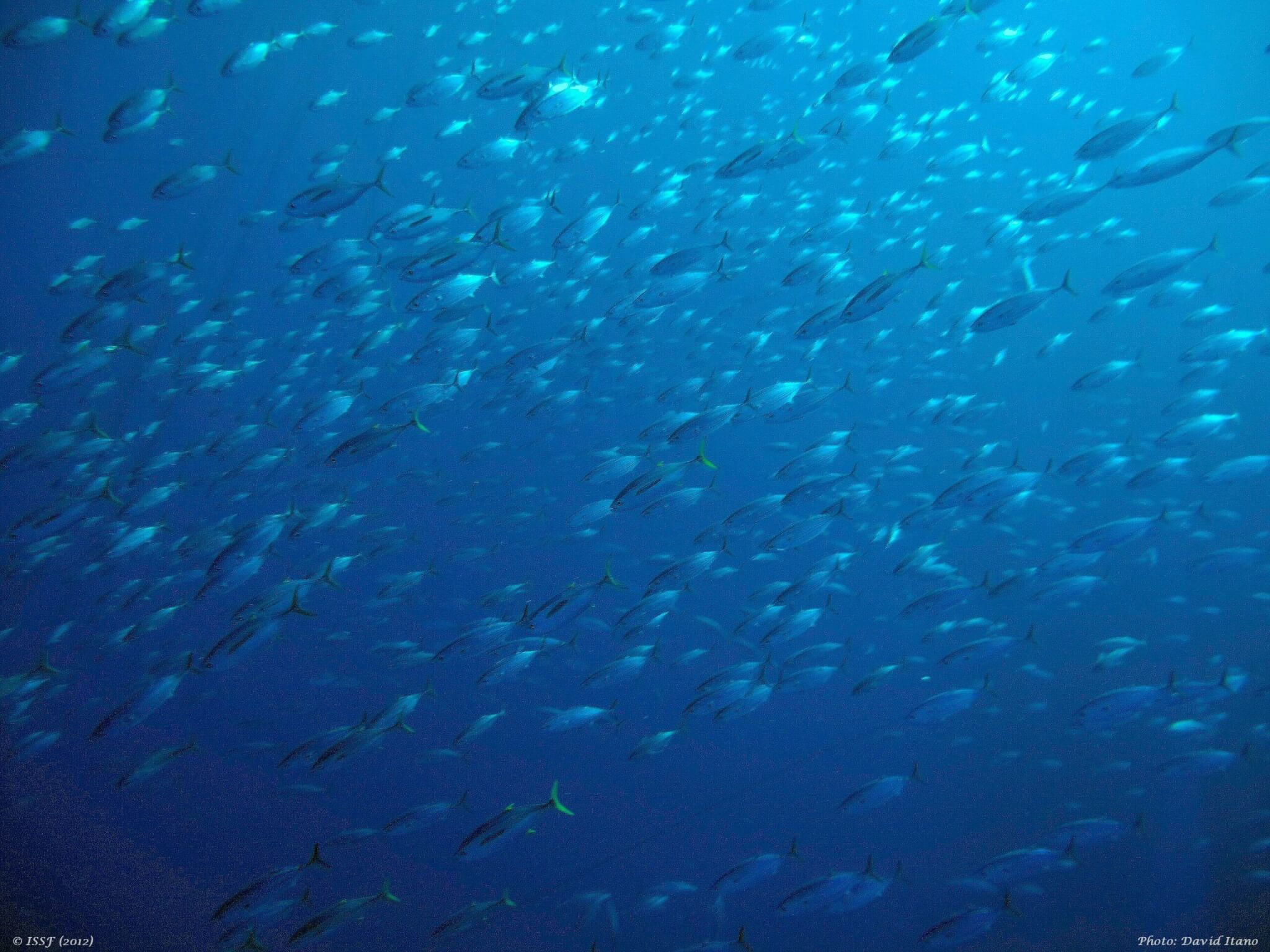Improving Vessel Transparency | Electronic Monitoring in Tuna Fisheries
Featured Graphic
Electronic Monitoring Systems and RFMO Requirements
For the monitoring, control and surveillance of fishing operations at sea, electronic monitoring (EM) systems are proven, effective tools. EM systems can remotely monitor vessel activity on the water, provide important scientific data in a timely manner, and independently verify reported catch-and-effort data.
EM can complement, or substitute for, human observer coverage — and therefore expand the independent monitoring of fleets. It also can enhance fisheries management by fostering greater transparency and accountability for regulatory authorities, fishers, retailers, and other stakeholders involved in the seafood supply chain.
Our new infographic shows how RFMOs are progressing the adoption of EM systems and identifies the critical categories of information that EM systems are reporting.
Featured Resource
EMS on the Vessels in Other Sustainability Initiatives (VOSI) List
Like the ProActive Vessel Register (PVR), ISSF’s Vessels in Other Sustainability Initiatives (VOSI) list is a transparency tool for stakeholders who want to know which tuna vessels have made specific public commitments to sustainable fishing. The VOSI vessel list shows how vessels are participating in voluntary sustainability initiatives, verified through a third-party audit process.
VOSI now tracks electronic monitoring systems (EMS), in addition to showing if a vessel is:
- On the PVR and ISSF Record of Large Scale Purse Seine Vessels
- Using only fully non-entangling FADs
- Providing FAD echosounder biomass data
- Participating in a FIP, and/or
- Participating in an MSC-certified fishery
If your vessel is participating in any of these initiatives, you are encouraged to apply for listing on the VOSI to have these efforts verified and recognized.
ICYMI
Indian Ocean Tuna Commission is the first RFMO to Adopt Electronic Monitoring Standards
By adopting electronic monitoring standards for its fisheries, the Indian Ocean Tuna Commission has set an example for other RFMOs to follow. Their action will hopefully inspire more countries and organizations to embrace innovative technologies to independently monitor fisheries and help safeguard our oceans and marine resources for future generations.
In a guest article for EM4Fish, ISSF’s Dr. Hilario Murua reflects on an important step forward in promoting responsible and data-driven fisheries management in the Indian Ocean.
ISSF in the News
Nonprofit pressure pays off with IATTC approval of albacore harvest strategy
SeafoodSource



